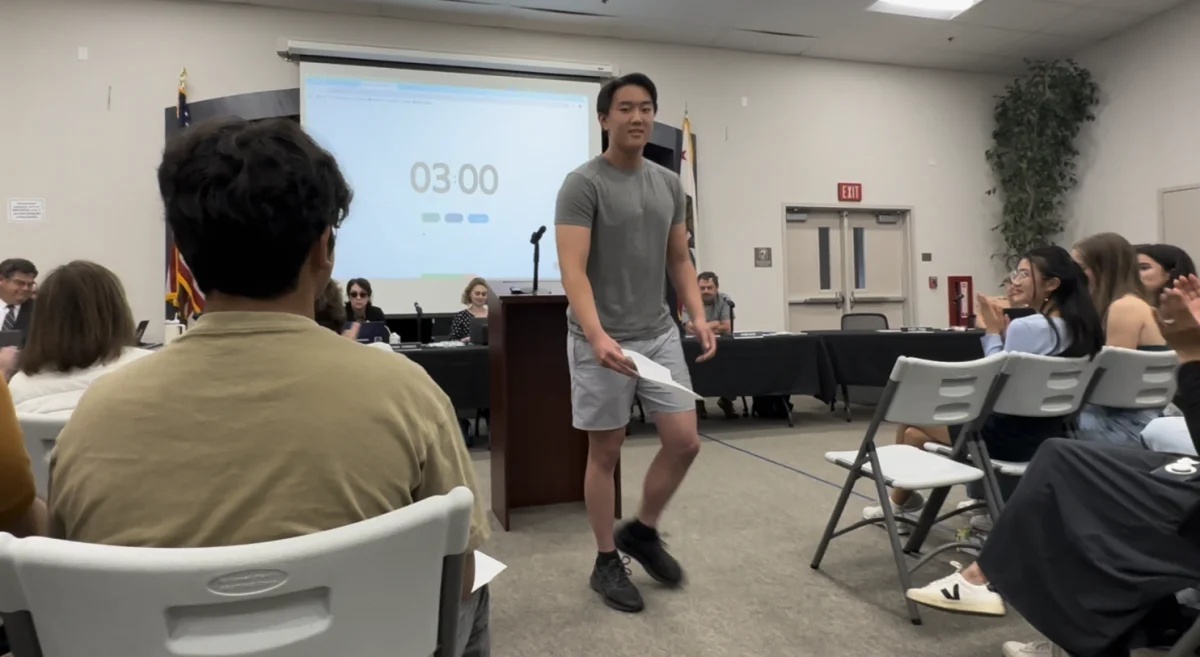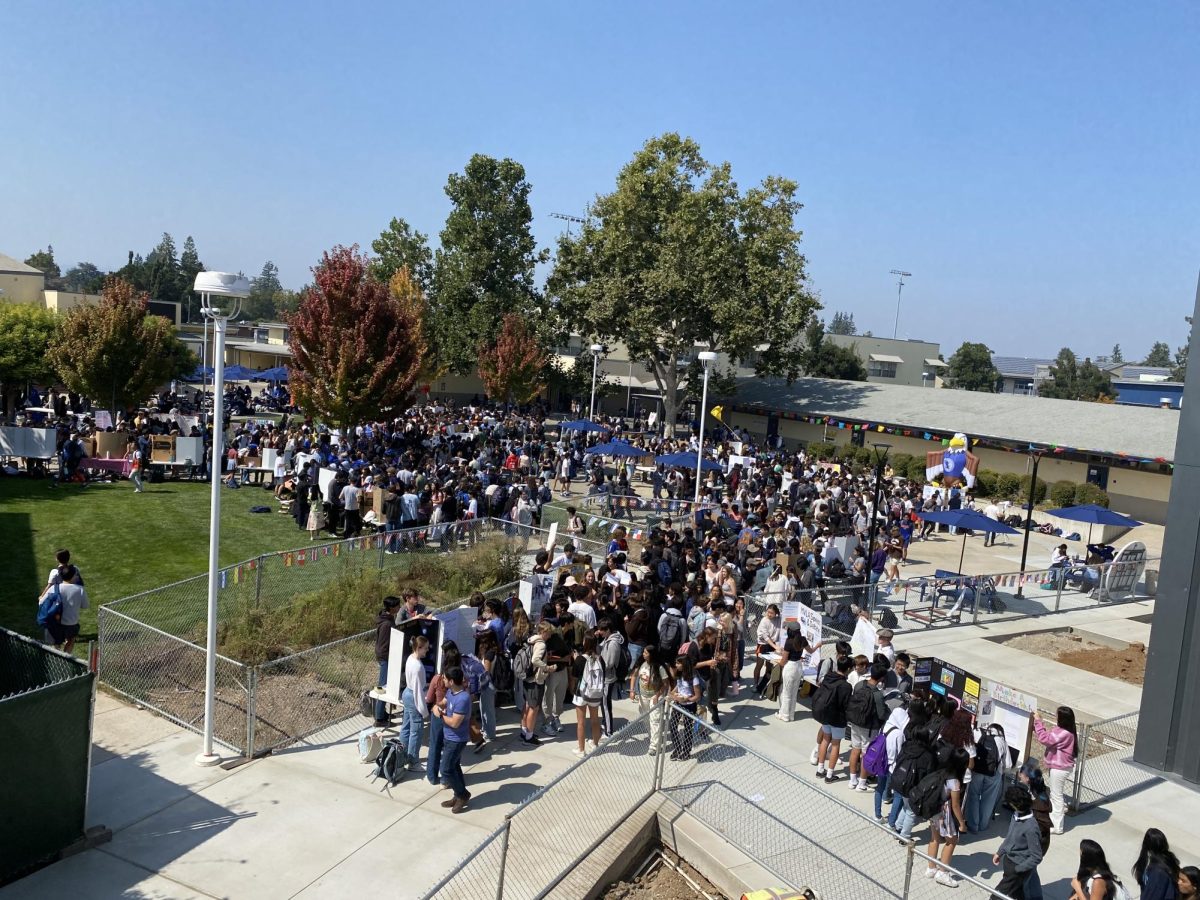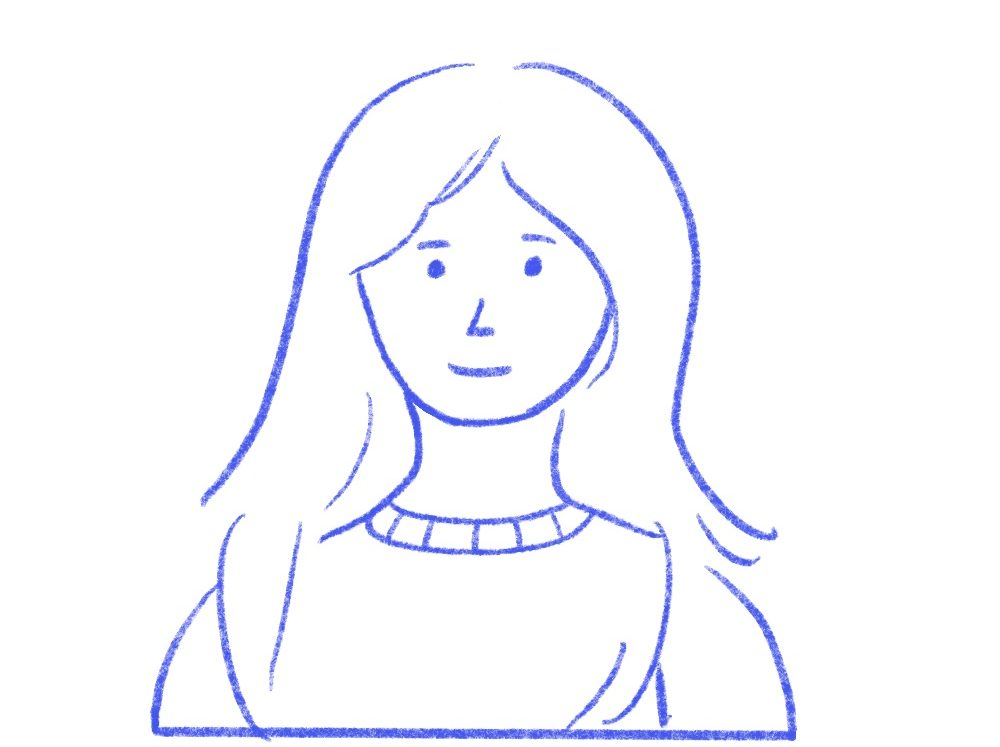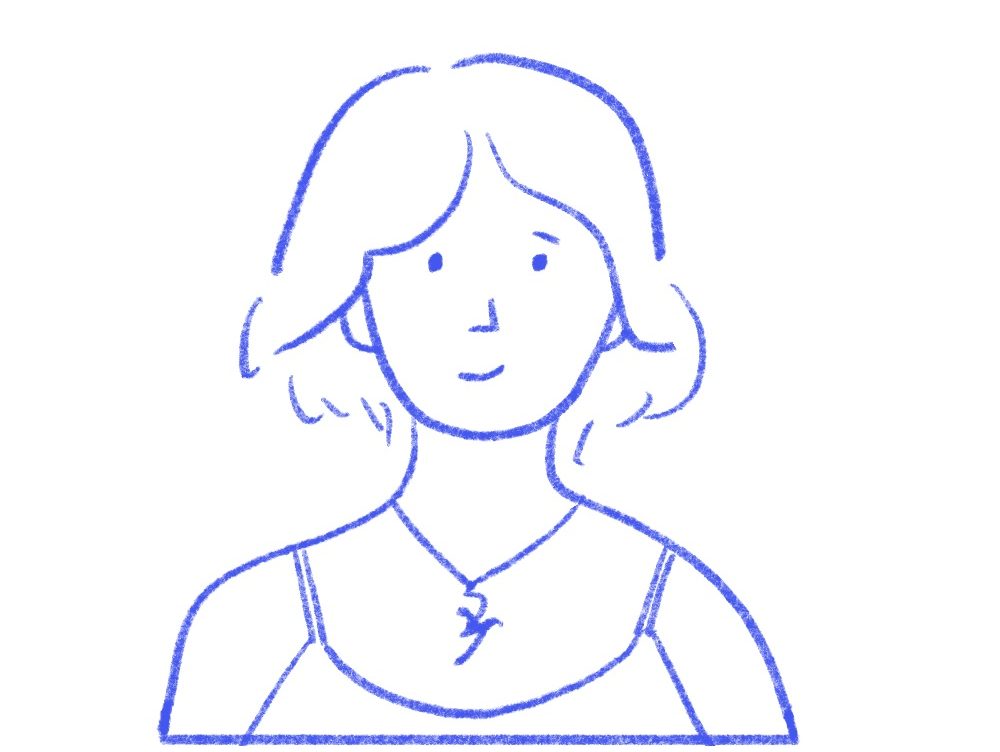No matter how many times a credible source shouts it, the study results have been ignored by the student population of the school: the number of A’s students receive is directly related to the number of ZZZs from the previous night.
Students should place a fair emphasis on studying but also need to understand that they need sleep, too.
A “macho” culture of sleep deprivation has escalated recently to the extremes. Any reason for stress can be combated with the age-old, “Oh yeah? I got (number less than 6.5) hours of sleep last night.”
As great as one-upping friends can be, many highly qualified studies by The New York Times and the Institute of Medicine have shown that it is always more efficient to sleep than cram. On average, teenagers are getting 3 hours less than the perfect number of 10 hours of sleep they need.
But when school is not the only major stress in a student’s life, balancing sleep can be difficult.
“With my schedule, I can get less sleep and get everything I need to done,” junior Paige Logan said. “I’m pretty good at functioning with less sleep…then I catch up on the weekends.”
Though teachers can assign bucketloads of homework, a lot of opportunities are not taken advantage of. Brunches, lunches, free periods and other open time slip by without any direction taken to resolve a homework situation.
Sleep should be factored in the decision of studying or finishing a paper, although most students skip right if they feel like doing homework or not.
“Of course I would wish to get more sleep,” sophomore Stefan Tian said. “But I know it’s not possible right now.”
Health reasons, above all, should encourage teenagers everywhere to set their priorities straight in terms of late-night choices. The Institute of Medicine has released several reports warning that side effects of sleep deprivation could include obesity, diabetes or an increased risk of heart attacks in later years.
The brain stimulates activities during deep sleep that “cannot be reproduced” during the day, according to The New York Times. Doctors recommend eight or more hours a night for teens to ensure good health. Teens should actually be getting more sleep than their younger peers, doctors say.
“It’s a loop,” Stefan said. “When I get home from school I take a nap because I’m so tired, then when I wake up it’s already so late that I don’t start my homework until 9 or so.”
Blaming outside influences is a popular habit among students as well. Though daylight hours are wasted, teens tend to make school the culprit of their guilt-ridden late night study sessions. Sleeping comes after making up for everything unaccomplished, which only leads more to resting trouble the next night.
Working effectively and making a timeline are good motivators to help turn off the distractions. As well, the great feeling after waking up rested in the morning is hard to beat.
Setting up a “sleep time zone” rule, such as sleeping from 11 p.m. to 7 a.m., will encourage students to do work earlier, if possible.
And when not?
Class napping may just be the last resort.
Sleeping is Too Important for Teenagers to Ignore
February 9, 2009
Story continues below advertisement
0








